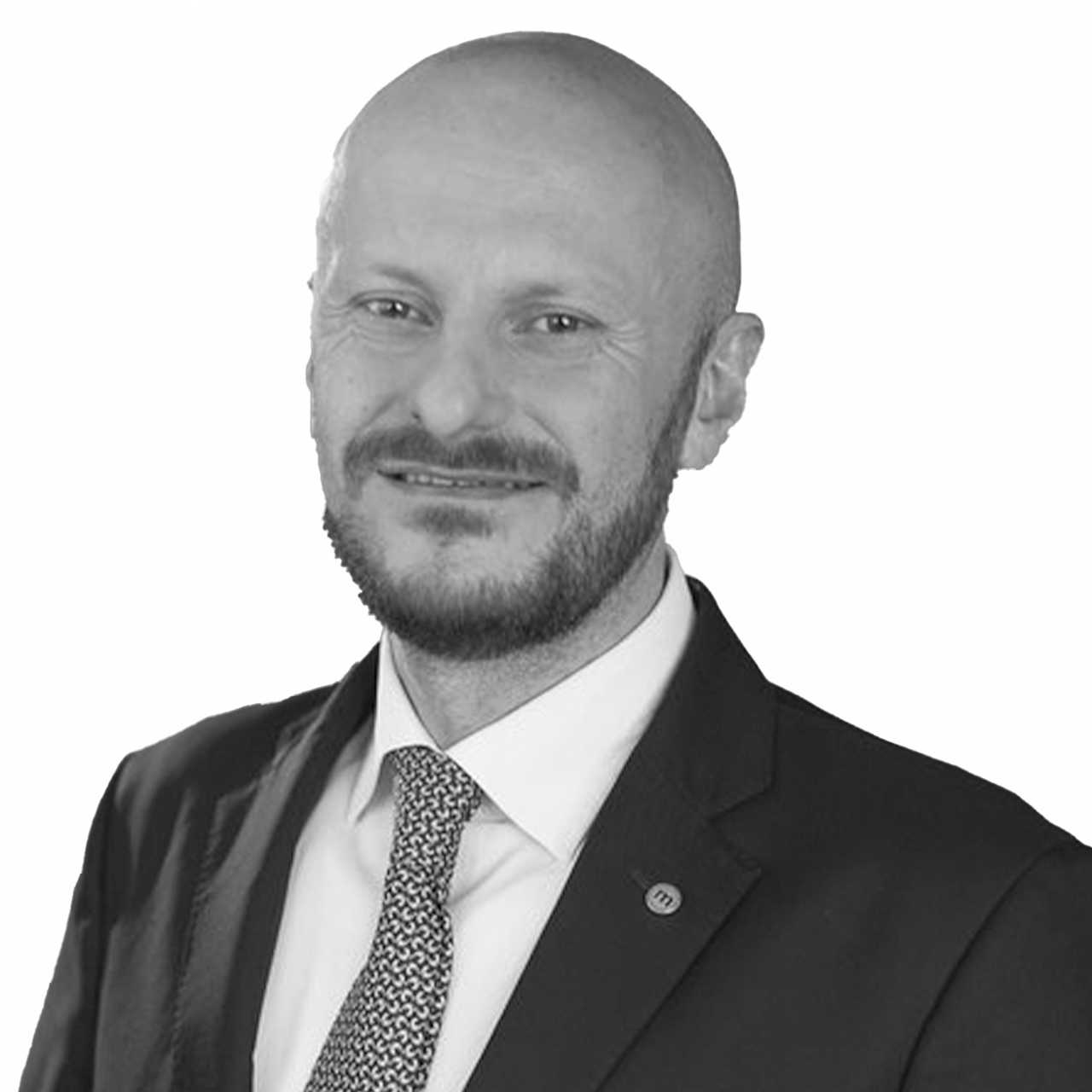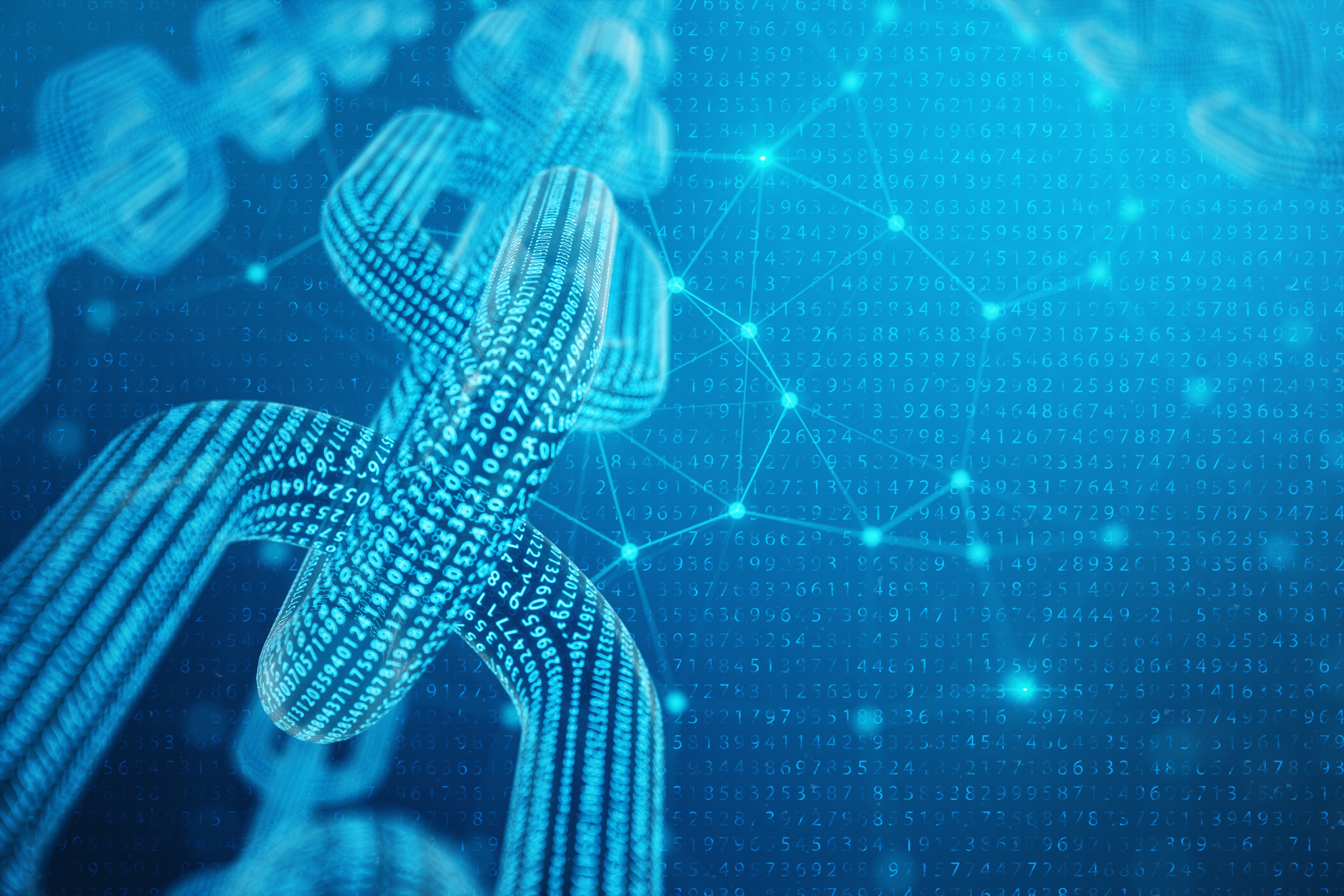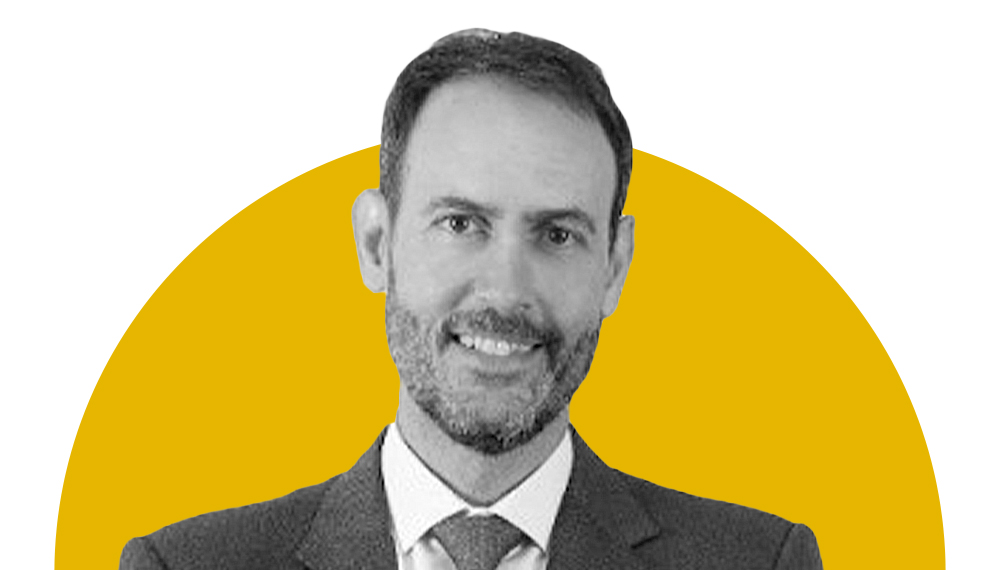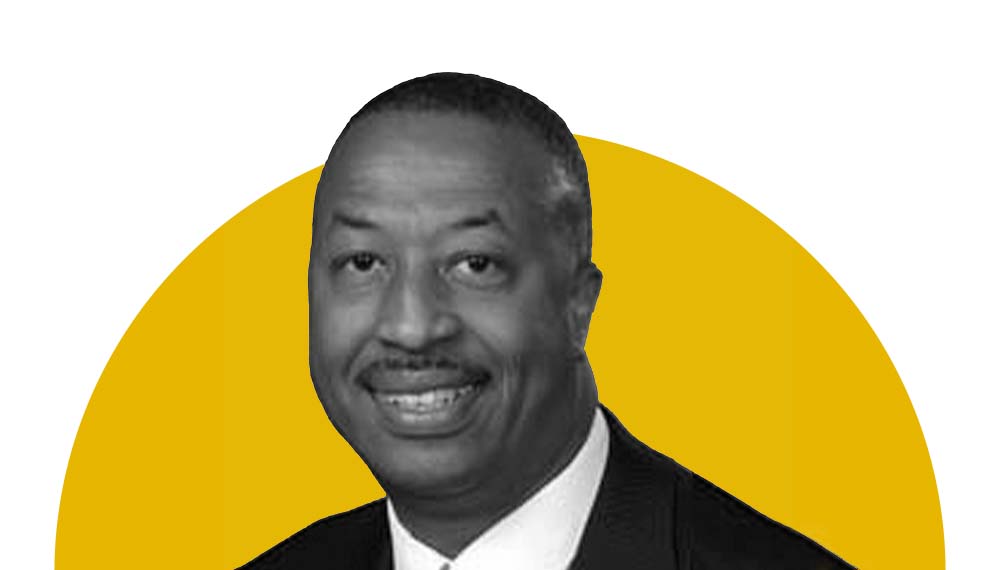Worldwide events have influenced all kinds of aspects of the lives of those who have grown up through them. Just as the financial crash of 2008 influenced the spending habits of Millennials, the Covid-19 pandemic has clearly shaped those of Generation Z. Covid created a financial disaster for many globally, and while it wasn’t the catalyst for sustainability awareness, it certainly drove Generation Z to feel the impacts and drive its importance forward, being the first to raise any red flags if their expectations are not met by businesses today.

Source: Joel Filipe/Unsplash
These expectations are increasingly setting the standard for consumer expectations in ethical retail and consumer behaviors. The spending power of Generation Z (those born since 1997) and Millennials (those born between 1981 and 1996) is not to be underestimated. Gen Z makes more shopping decisions based on sustainable retail practices than any other generation. Therefore, commercial strategies must be human-centric; we must be sustainable in every area of business, from reducing our carbon footprint to building long-term, genuinely-supportive customer relationships.
You can say whatever you want, but you will be judged immediately from the actions you take. If you are found to be insincere, or worse, knowingly discriminatory or damaging, you will soon feel the loss in your bottom lines.
Nowadays, sustainability is louder in actions than ever. At Banca Mediolanum, we aim to provide young people with greater control over their finances, so we must prove our sustainable practice to build their trust, which in turn brings us business results from the trust we have created. You can say whatever you want, but you will be judged immediately from the actions you take. If you are found to be insincere, or worse, knowingly discriminatory or damaging, you will soon feel the loss in your bottom lines.
Our strategy for the Net Zero journey
Being zero impact in financial business is difficult. We can offset our emissions through where we work – such as working from home and saving emissions from travel, and sustainable management of our buildings – but when it comes to investments in other assets and company shares, it is difficult nowadays for anyone in the world to say they’re 100% zero impact.
Instead, we are on a journey. We are really committed to the idea of being helpful for the people we meet, who become our customers and our community, so we are on a journey to be responsible for them because we know that we are part of that community.
We cannot forget our responsibility and forget where we are. This is something our founder wanted to share with other people working for the bank, which has become our ethos.
You can see this in our strategy, where we work around four pillars:
- Economic responsibility – because we are a bank, we are responsible for everyone. We can be ethical and profitable, solid and liquid. We can be political ambassadors. If we are profitable, we can pay salaries, employees and the community.
- Customer responsibility – we don’t exist if customers don’t choose us. Not just to answer their needs, but to help them. The right products, and making sure those products are as sustainable as possible.
- Communication – keeping close to customers with the right communication at the right time, and always acting transparently. Any kind of communication must help the customer to understand how things are going, why they are receiving particular financial advice, and what they should do with that information.
- Employee experience – making sure people feel comfortable working for us. Services, taxes, salary, experience, childcare – these are part of the employee experience to get the best from any of us inside the company. Everyone has a talent, and we have to give them the chance to let the talent shine, for the betterment of the individual and the community. Employees want to work for a company that has a purpose, which embraces diversity and has a positive impact on the environment, so we need to meet those expectations.
Building a sustainable identity
We are not 100% sustainable, but we are committing to building a sustainable identity through philanthropic abilities and CSR efforts, and our path is mostly defined already to achieve our goals.
From a business point of view, if the community we find ourselves in is growing, we have more opportunity to grow with it.
In 2021, we carved out 860,000 hours of training for 4,800 employees, roughly 100 hours of education per person. We can’t say we are sustainable; we have to be sustainable. As our CEO outlined in our principles, we are part of a community, so we can’t forget it. From a business point of view, if the community we find ourselves in is growing, we have more opportunity to grow with it; if we don’t know the people of that community, they won’t know we exist.
Every year we give €3.5 million to projects in Italy and all over the world. We also offer free financial information on anything, from how to use money to what a debit card is, helping students, young people, or immigrants who arrive in Italy to find a job, with their financial education. We are trying to help educate as well as innovate. To attract and relate to young people, we used an influencer campaign, using influencers we researched that the general public actually liked, which brought us new business.
From an environmental point of view, we are trying to reduce emissions where we can. We do this by trying to use electricity from renewable sources and focusing on our investments, measuring our impact and looking at solutions to be effective in reducing our impact. For a financial institution, it is a long journey. It should be quicker, but of all industries, the financial industry is difficult to change.
Much of our digital products are intended to inspire healthy and green activities to unlock rewards for clients, which both promote sustainable habits and win business. In turn, we continually assess how we can be as sustainable as possible in practice.
Our new challenger bank, Flowe, was born from the idea that it is possible to be sustainable with human centricity. It is the kind of bank where you can find all the details about how to live better. It has videos to advise with environmental info and how to live a more sustainable life physically, mentally and environmentally for the next generation, but also to inspire better living across all generations.
The Flowe Card is a wooden debit card. When you request it, we plant a tree in Guatemala to offset carbon emissions to support the local community there. In the first year of its introduction, we planted over 38,000 trees.
Reaping the rewards of trust
Being sincerely committed to sustainability brings trust, which generates value for business and society. If you really are committed to these values, you build an identity that customers will recognize. We want people to know our commitment to giving our best.
After publishing our non-financial report which outlined our ESG efforts, we noticed a positive peak in stock prices for Banca Mediolanum. While this may not be directly correlated, it does suggest that publicly shared results increase transparency and trust.
Consumers are changing their demands, so our offering must change with them – by building a fully digital banking service that aligns with Generation Z and Millennial needs and values.
We aim to be culture shifters and influencers, always developing projects with sustainability in mind. Consumers are changing their demands, so our offering must change with them, by building a fully digital banking service that aligns with Generation Z and Millennial needs and values.
How you approach this topic can build a very different relationship with customers, which generates different outcomes. You can keep it business based, which is functional. But if you prioritize people as much as you prioritize business needs, then you will also attract customers that value that commitment – growing your business, and increasing the positive impact you can have in your community. If you put the person at the center, everything will change for the better.




